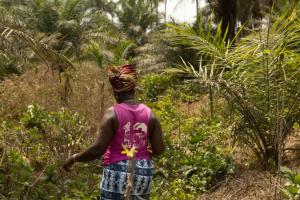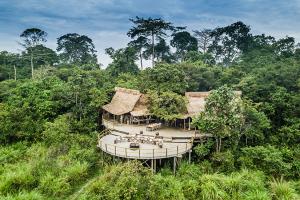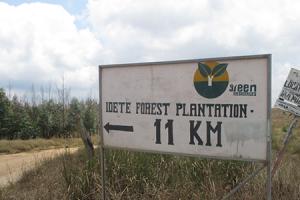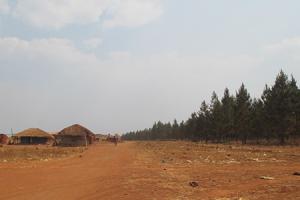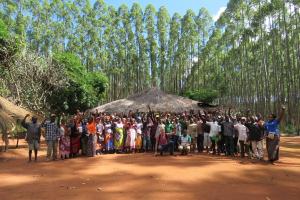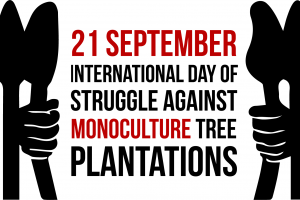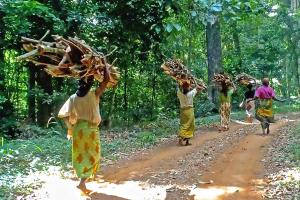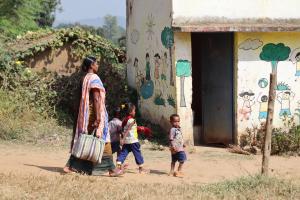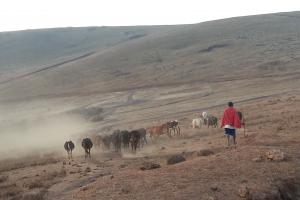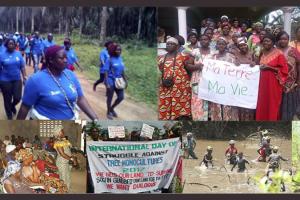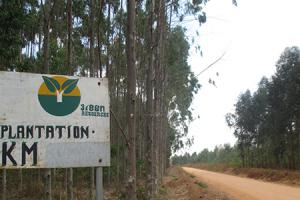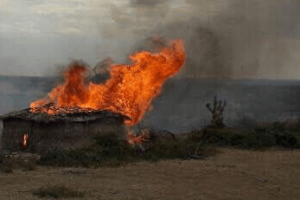Behind every tree plantation developed for carbon offsets, there are external agents seeking to profit from increased control over the land. And while they all have the same colonial approach, these plantations can vary widely: they can be large-scale monocultures or schemes with smallholder farmers; they can include exotic species or native species; and some of them may even exist on paper only.
Tanzania
Bulletin articles
27 June 2024
Bulletin articles
23 March 2022
The conservation industry is now promoting the idea of ‘buying up’ Conservation Concessions and reconstituting them as business models with profit-seeking aims. A case in point is the ‘African Parks Network’, which manages 19 National Parks and Protected Areas in 11 countries in Africa.
Bulletin articles
17 December 2021
Local Communities in Tanzania Continue to Face Problems Brought by Green Resources’ Tree Plantations
Green Resources Tanzania Limited (GRL)claims to offer solutions to climate change through planting monoculture trees. This wrong and misleading claim hides the reality on the ground: land grabbing, deforestation, destruction of grasslands and much social harm.
Bulletin articles
17 December 2021
On the frontlines of the promotion of monoculture tree plantations as a solution to the climate crisis, families affected by tree plantations in Mozambique, Tanzania and Brazil, have once again denounced the serious impacts on their lives and the environment.
Action alerts
30 September 2021
21 September, 2021 – International Day of Struggle against Industrial Tree Plantations.
Action alerts
10 September 2020
Sign this letter to alert people in the global North! Stop development agencies from promoting expansion of large-scale tree plantations.
Bulletin articles
5 March 2020
Plantation companies often argue that local populations are destroying the forests, particularly where people depend on firewood and/or charcoal for their energy needs. Thus, they argue, industrial plantations can “sustainably” provide this wood. But this is simply not true.
Bulletin articles
11 March 2019
Before, conservation organizations were focused on raising money to create protected areas in forests supposedly threatened with destruction; today, they constitute a bona fide transnational “industry” that manages and controls areas that go far beyond forests.
Bulletin articles
11 March 2019
For the past eighty years, the Maasai have been displaced and dispossessed of their land, livelihoods, and more in Northern Tanzania, all under the guise of “conservation.” This article traces the origins of this dispossession through to present day struggles, calling for international solidarity.
Bulletin articles
22 December 2018
Despite the many profound damages that industries cause in the world's forests, they also cause something else to emerge: the strong and diverse resistance movements of affected communities defending their territories, livelihoods, cultures and even their existence. The struggle continues! (Available in Swahili).
Bulletin articles
22 December 2018
At first glance, the Nzivi village is a village as many others in the area. But a big difference is that it does not allow investors for large-scale activities, such as monoculture tree plantations. Green Resources is the main private plantation company active in Tanzania. (Available in Swahili).
Other information
9 July 2018
A report from Oakland Institute documents in detail the many rights abuses faced by the Maasai in the Ngorongoro and Loliondo regions of Tanzania. In recent years, hundreds of Maasai homes have been burned and tens of thousands of people evicted from their land in the name of conservation and safari tourism. Maasai from four villages in Loliondo sued the government of Tanzania in September 2017 for the right to return to their villages which have become part of a safari park.
